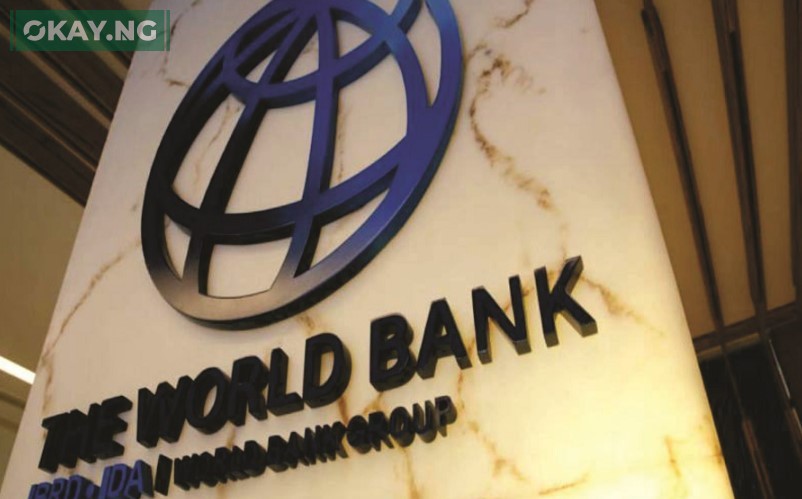Nigeria is poised to lose $4 million from a World Bank loan after failing to meet internationally recognized auditing standards in a critical revenue reform initiative involving the Federal Inland Revenue Service (FIRS) and the Nigeria Customs Service. This loss is part of a broader financial management program—the $103 million Fiscal Governance and Institutions Project—funded through a credit facility from the International Development Association (IDA), the concessional arm of the World Bank.
Background of the Fiscal Governance and Institutions Project
Approved in June 2018 and operational since May 2019, the Fiscal Governance and Institutions Project was designed to enhance the credibility of Nigeria’s public finance management and national statistics. The project aimed to achieve this by implementing reforms in revenue administration, improving budget transparency, and strengthening data systems across government agencies.
The Audit Flop and Its Implications
According to a World Bank restructuring paper dated June 2025, the revenue assurance audit covering the Federal Inland Revenue Service and the Nigeria Customs Service for the fiscal years 2018 through 2021 was deemed “not achieved.” The World Bank’s Independent Verification Agent found that the audit reports submitted by the Nigerian Office of the Auditor-General “did not meet the requisite international auditing standards.”
The audit was allocated $4 million under the project and was intended to verify revenue performance and ensure accountability within the country’s main income-generating agencies. The failure to meet these standards represents a significant setback for Nigeria’s efforts to improve revenue transparency and governance.
Broader Project Challenges and Fund Cancellation
This audit failure is one of ten performance-based conditions (PBCs) that the Nigerian government was unable to fulfill before the project’s scheduled closure on June 30, 2025. As a direct consequence, the Federal Ministry of Finance (FMF) has formally requested the cancellation of $10.4 million in project funds.
The cancellation request breaks down as follows:
$4 million linked to the failed revenue assurance audit.
$4.5 million associated with an incomplete Revenue Assurance and Billing System.
$1 million allocated for the development of a National Budget Portal, for which the Budget Office of the Federation failed to provide evidence of completion.
$0.9 million in uncommitted funds for Technical Assistance.
The document from the World Bank states: “The FMF has requested cancellation of $0.9m of unused funds for Technical Assistance and $9.5m, which is the amount allocated to 10 Performance-Based Conditions, which will not be achieved by the close of the Project on June 30, 2025.”
Previous Adjustments and Current Funding Status
This latest cancellation follows a prior restructuring in June 2024, when $22 million was cut from the original $125 million project budget, reducing it to $103 million. With the current $10.4 million cancellation, the remaining project funding now stands at approximately $92.6 million.
Despite these setbacks, the project has recorded some notable successes. Non-oil revenue collection in 2024 reached 153 percent of the budgeted target, a significant improvement from the 64.9 percent baseline in 2018. The World Bank attributes this progress to reforms such as the unification of Nigeria’s exchange rate, enhanced tax administration through the TaxProMax system, and the automation of revenue remittances from ministries and agencies.
Moreover, the government surpassed expectations by publishing 10 reconciled economic and fiscal datasets, exceeding the project target of six. Other achievements include the launch of the Electronic Register of Beneficial Owners by the Corporate Affairs Commission, which now covers about 40 percent of registered businesses, and the publication of a National Asset Registry and financial reports by the Ministry of Finance Incorporated.
Areas Needing Improvement
Despite these gains, challenges remain. Capital expenditure execution was only at 50 percent, falling short of the 65 percent target. Additionally, project monitoring and evaluation were rated as moderately unsatisfactory, indicating room for improvement in oversight and implementation.
Outlook
The final disbursement for the project is projected at $96.04 million, representing 93 percent of the pre-cancellation total of $103 million. However, the loss of $4 million due to the audit failure underscores the critical need for Nigeria to strengthen its auditing and financial management capacities to fully benefit from international development assistance.













